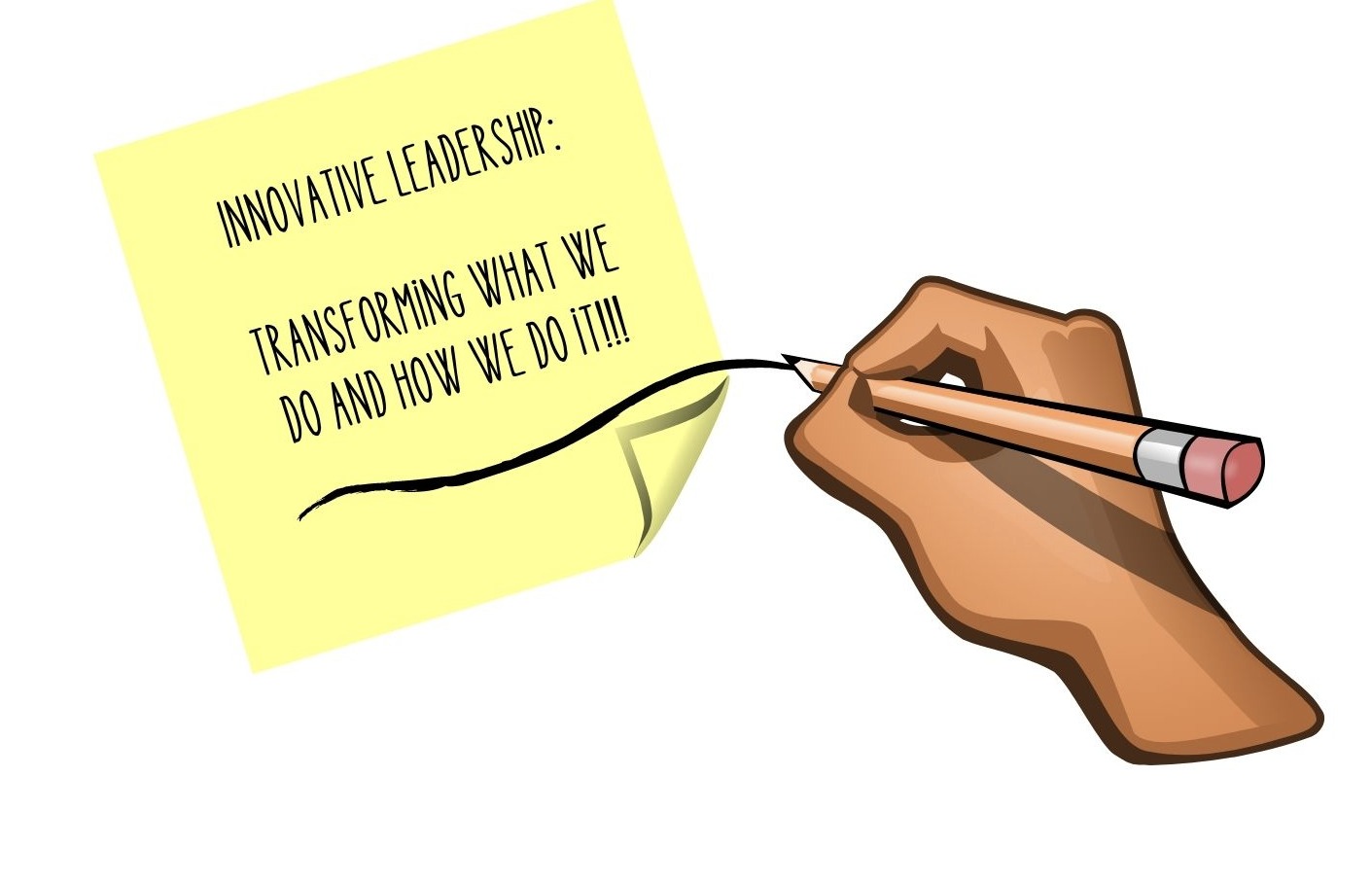Searching through my files I have come across one of these letters that I have always sent to my teams in the organizations for which I have served.
I would like to share some of them, and this seemed to me ideal for the present moment.
¡What kind of things I said in 2000!
“Continuously improving processes, materials, quality and management, seems not that complicated but continuously improving people, and ultimately oneself, is a really complicated task.
One of the tasks that we all have as managers is to build trust. Of course, trusting ourselves is essential, but it is insufficient. Building trust vertically: up and down, as well as crosswise, is one of our main tasks in our day to day. And I am telling you this not only because of the responsibility we have as managers, but also as human beings who live in a society that fills us with responsibilities (social, family, etc…). Trust supposes respect in our work. Personal and professional respect. And we have to earn this respect every day. Nonstop. There is no minute for decay and abandonment. This is not always possible. We are human beings full of virtues, but also full of imperfections. We must pay due attention to people and help them from the responsibility we have to achieve their goals, both professionally and personally.
This, I repeat, is also the manager’s task. Managers of the 21st century. The manager who is able to lead. Lead, not robots, but people. Sensitive people to changes, to stress, to the dynamics of the business. And all around us we have incompetents, pissed, easily discouraged and demotivated people. We must make their work easier for them, offering them confidence, setting an example, helping them to understand better, reducing their stress. Many times, this is surrounded by conflicts (agreement, disagreement). But we always have to try to avoid confrontation. The balance is always in maintaining a coming and going of agreements and discrepancies in a rational and unemotional way.
And you know, the most important thing is to talk and communicate. Do not allow emotional silence to occur, that fearful emptiness, produced by pride, disinterest, insensitivity, and not even by avoiding conflict or by mere revenge.
I believe that we should all make an effort with ourselves and give the necessary example to others by learning to ask for forgiveness. It is, in my opinion, the most rational and emotionally intelligent way to resolve conflicts and foster a constructive relationship in our companies.
Learning to apologize. What a beautiful thing! What a positive action! I repeat not only in our work, but in our personal lives. Accepting our mistakes, reflect on them, repair the damage caused, ……., let’s not be afraid, do not hesitate to do so. From here I invite you to. To be able to express with clarity, honesty and absolute sincerity a “what you have done has hurt me”, to express “I’m sorry, I hope it doesn’t happen again”, to convey calm saying, “don’t worry, it didn’t matter” and above all to give in capital letters “THANK YOU” to all those who help us and also, why not, to those who ask us for forgiveness.
Jose-Pedro Martinez
Picassent (Valencia), December 2001”




